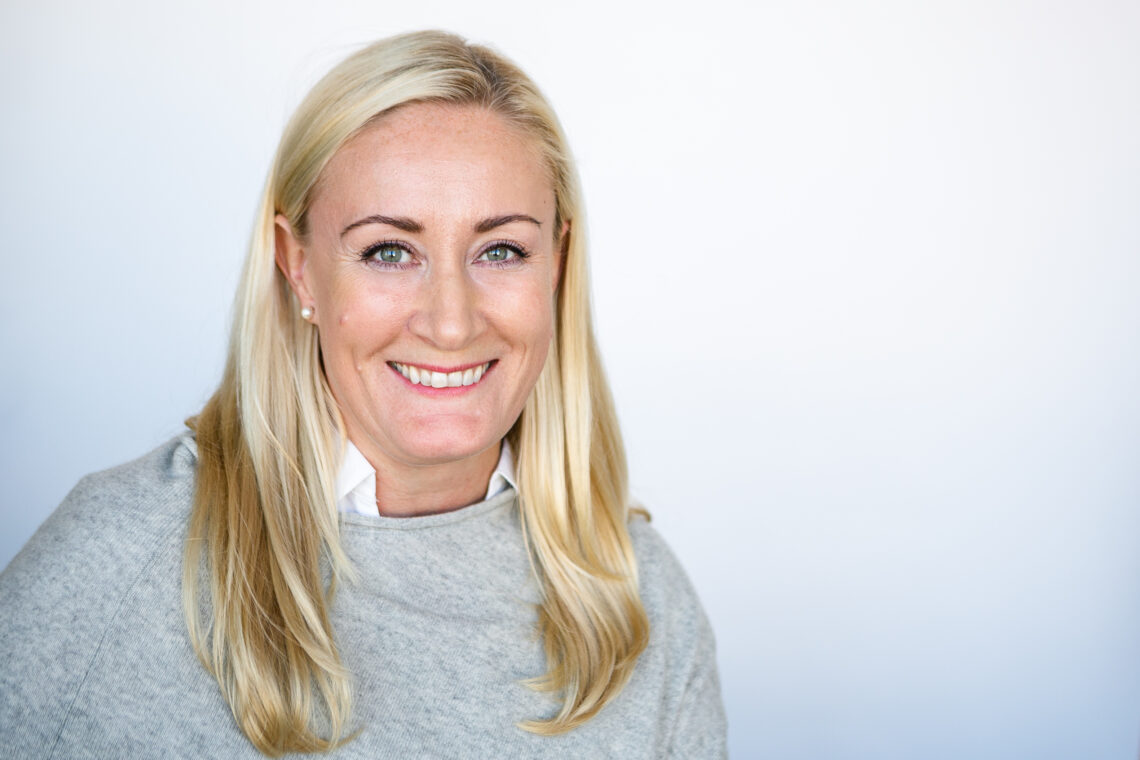SurfCleaner’s unique patented technology – which emulates the human heart – recovers hydrocarbon contaminants from water surfaces including oil, diesel, petrol, and other pollutants, and recycles them. It is being used by operators of gold, copper, zinc and iron ore mines, oil and petrochemical companies, steel, copper and aluminum producers, ports, oil terminals and in power generation. Customers include Exxon Mobil, EDF, Equinor, Taiwan Power, Ports of Stockholm, among others.
The Swedish scale-up’s skimmer separator hybrid improves water quality by recovering hydrocarbon pollutants, helping clients with their sustainability goals by reducing volatile organic compounds (VOC), emissions and carbon footprints, says the company. The collected by-products, such as oil, can be reused and resold, contributing to the circular economy and generating new income streams.
“Our vision is clear: to make a direct sustainable impact on the environment,” says Founder and Chief Sustainability Officer Christina Lundbäck.
Christina is the daughter of the late inventor, Stig Lundbäck. a Swedish clinical physiologist who created an artificial heart in the 1980s. Stig Lundbäck’s ideas can be found in a dissertation from 1986, where he describes the human heart’s pump and autoregulatory function as a Dynamic Adaptive Piston Pump (DAPP). That discovery was contrary to the notion at the time that the heart worked as a squeezing pump. A few years later he received a question from a Swedish environmental group ‘Can the pump you built for the artificial heart separate oil from water?’,” says Christina Lundbäck.
Dr. Lundbäck took up the challenge. The SurfCleaner’s system “is a bit different in layout but the principle is the same as that in the human heart,” she says. SurfCleaner’s technology is auto-regulating and provides continuous and automatic operation with very low power consumption. It uses a propeller that creates a negative pressure and pulls down both the water and the floating pollutant into the machine. The pollutants are separated from the water due to the difference in density. The oil rises inside the machine and the water exits downwards, says Lundbäck. As the machine is fully automated it knows when it is full and reverses the direction of the propeller, creating a positive pressure that pushes the pollutants out through a connected pipe, using the water as a piston. This unique set-up makes it possible to have the SurfCleaner machine collect, separate and discharge using only one machine. What’s more, the SurfCleaner machine is equipped with Internet of Things (IoT) technology, enabling it to provide data about the amount of oil being collected, the amount of processed water, and power consumption.
The SurfCleaner machine lowers disposal costs because there is no need to transport an oil/water mix for processing elsewhere, says the company. For example, SurfCleaner has installed machines at several mining operations and smelters around in Europe. The technology takes care of hydraulic oil leaks caused by excavation, protecting workers’ health, replacing or improving existing expensive oil filtration systems, eliminating an entire stage of the water treatment process, and avoiding transportation of oil-damaged water to third-party treatment facilities.
Equinor, the Norwegian energy giant, uses SurfCleaner’s technology to collect oil and oil sheen from the surface of wastewater produced when crude oil and natural gas are transformed into everyday commodities such as petrol, diesel, heating oil and consumer-ready natural gas.
SurfCleaner is also starting to see demand from the steel and metal sectors. Factors such as rapid urbanization, the expanding automotive industry, and various demands from the industry are stimulating market growth for steel and other metals as consumption increases, water usage increases with it. Water is largely used within the metal manufacturing processes. Removing oil in the manufacturing process is key to obtain a high-quality product such as hardened steel. Due to intensive water use, many plants are actively looking to upgrade and improve their water treatment technology to drive operational efficiency while boosting green credentials by tackling hazardous compounds and hydrocarbons found in commons waste streams, says Lundbäck.
The SurfCleaner technology is not only unique in conducting three operations within one machine, she says. It is also unique in the separation efficiency: the separation efficiency remains unparalleled even at oil sheens as thin as 0.1μm. That is not possible with other skimming technologies, according toSurfCleaner. The company says its technology separation efficiency is, on average, 95% and can be up to 99.5%. No other known skimmer technology can handle the various thicknesses of hydrocarbons at SurfCleaner’s consistent recovery rate efficiency, she says.
The company has clients across Europe, the Middle East, Asia Pacific, and the Americas.
To access more of The Innovator’s Startup Of The Week articles click here.







